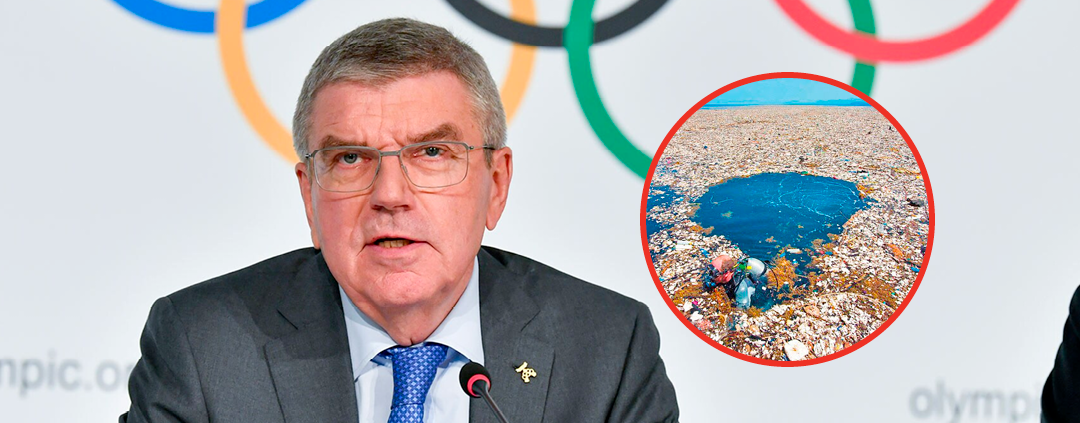IOC Announces Pacific Garbage Patch To Host 2032 Games
The International Olympic Committee announced this week in a landmark decision that the 2032 Summer Olympics has been awarded to the vast accumulation of man-made debris floating in the ocean known as the Great Pacific Garbage Patch.
The 1.6-million-km2 area comprising more than 80,000 metric tons of mostly plastic will be the first uninhabited landmass to host the Olympics.
“After Japan, Paris, then L.A., we decided it was time to choose an up-and-coming location to highlight for the games,” said IOC president Thomas Bach. “There’s no other place on earth growing as fast in size and has beach-front property as the Great Pacific Garbage Patch.”
Currently twice the size of Texas, the GPGP is estimated to grow exponentially by 2032. “The mass is large and dense enough to accommodate stadiums, athletic facilities, hotels, and infrastructure,” Bach said. “Plus, it will be the first time the host will be a garbage dump before the Olympics, instead of just after.”
Bach also pointed out that the GPGP will serve to unite all participating nations since every country on Earth contributed to its creation. “The whole planet pitched in to make this happen. We’ve been working on this event since the 1950s, when man was able to throw his favorite, new plastic items into the ocean for the first time. And isn’t unity the spirit of the games?”
Scientists have mixed feelings about the IOC’s plan. “On one hand, we should be deconstructing the Patch, not leaving Olympic stadiums to float around on it forever when the games are done. But on the other hand, talk about up-cycling!” said ocean scientist Laurent Lebreton.
Asked whether the 2036 Olympics will be awarded to another new city, perhaps one on the African continent where no games have ever been held before, Bach decried the notion, saying, “that’s a step too far.”



